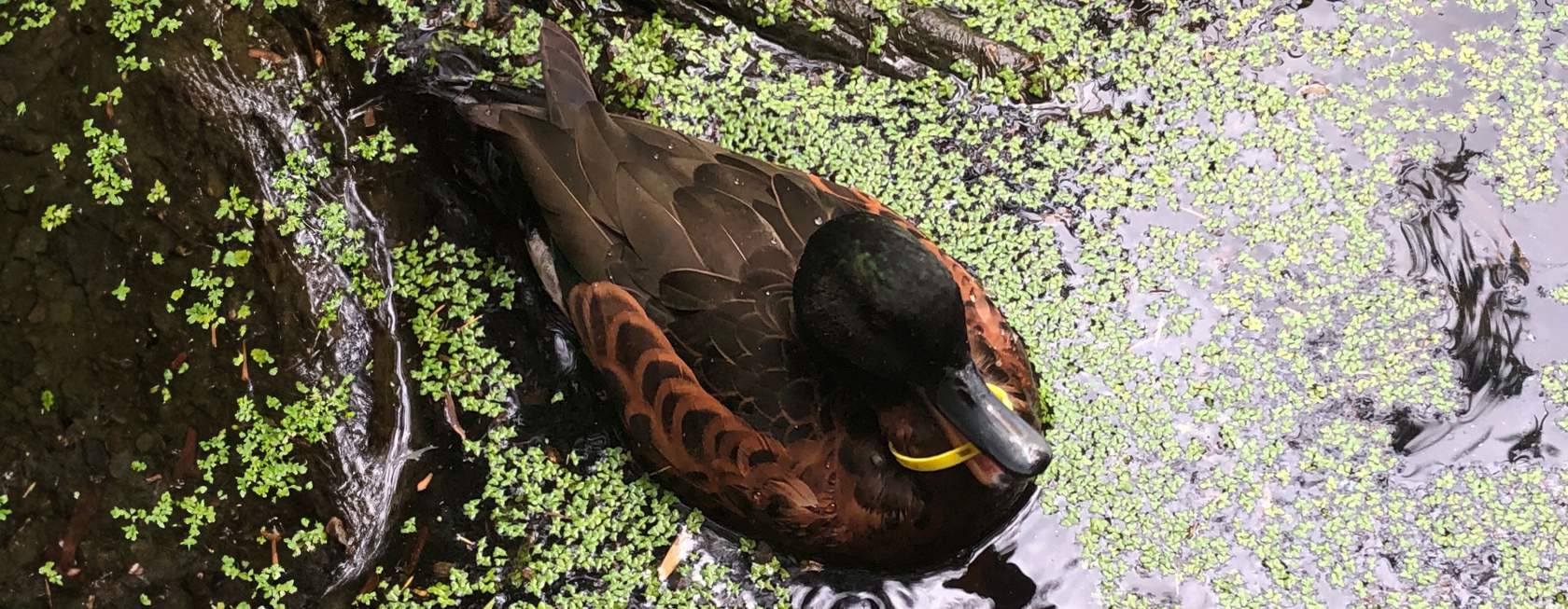
A common cause of injury to bird and marine bird species is entanglement in rubbish including discarded fishing waste, food containers, plastic rings, or shopping bags.
It is not always easy to help an animal that is entangled in rubbish, especially if they are still capable of flight or can swim off. Often these types of rescues require a coordinated effort by a group of dedicated volunteers over a long period of time.
Rubbish and fishing line entanglements around birds' feet and limbs can be fatal for many reasons, including infection and trapping.
You can help reduce the risk to our native wildlife by carefully disposing of rubbish and by making a few simple changes.
Switch to biodegradable fishing line and properly dispose of hooks, nets and lines.
Hooks can become caught in a bird’s mouth or throat leading to infections and abscesses which can cause a slow painful death. When birds’ feet become entangled in fishing line or netting, their mobility is severely restricted, and they may become prone to predation. This can also impede their ability to feed successfully.
Cut open any closed loops or rings prior to disposal
Plastic drink rings, can holders, and rubber bands can easily get caught around beaks, necks, and legs causing significant injury to native wildlife.
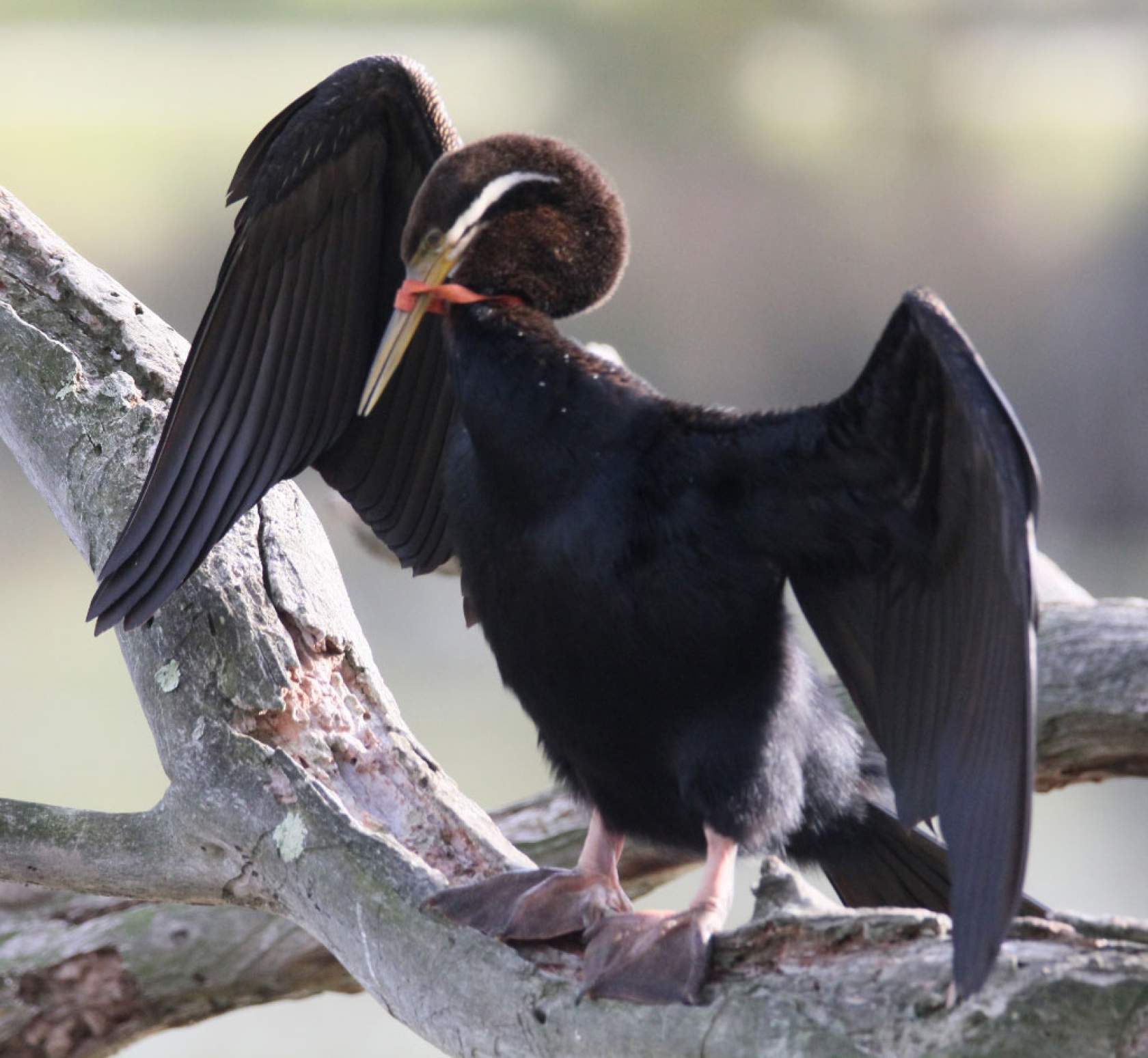
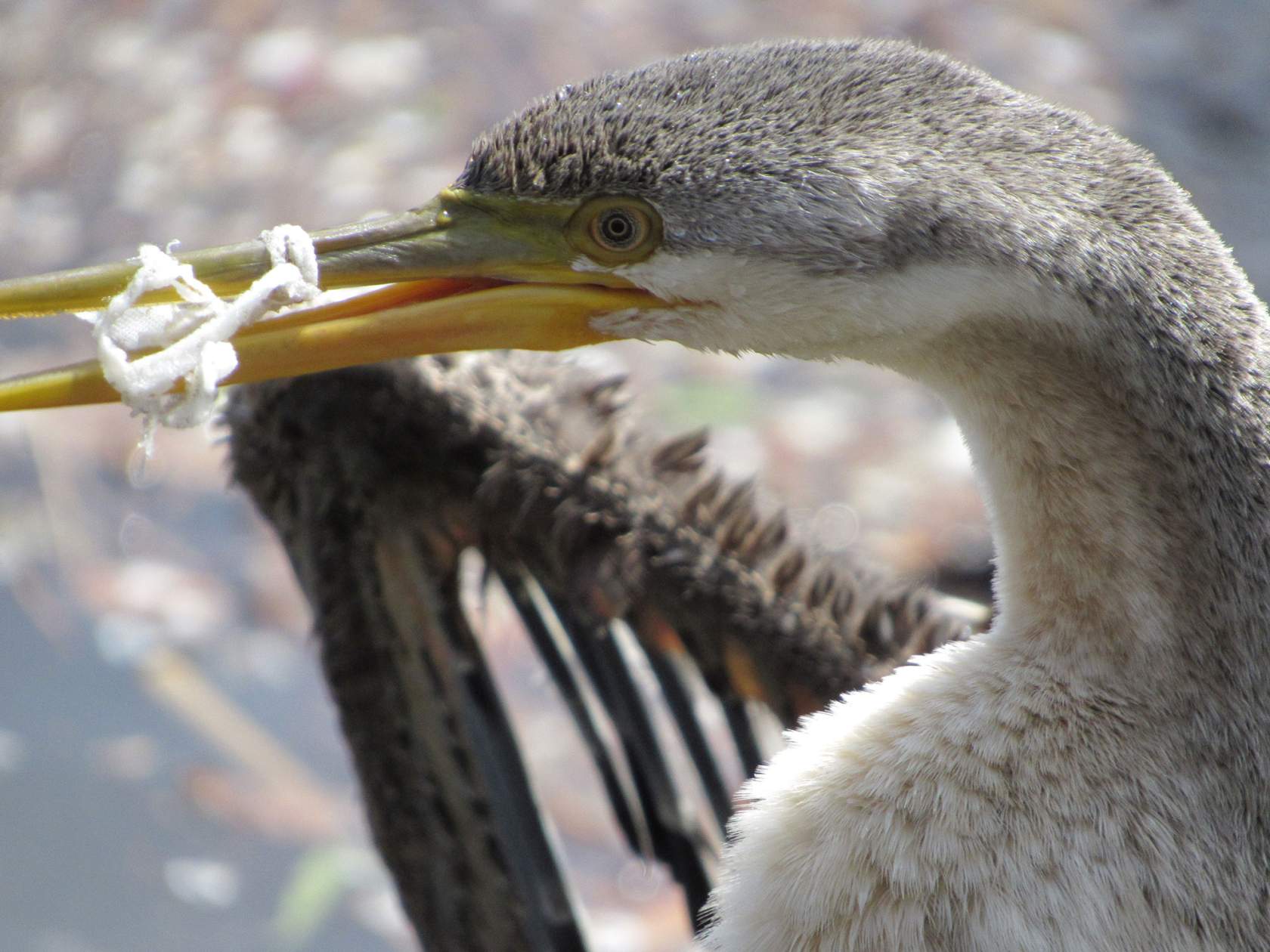
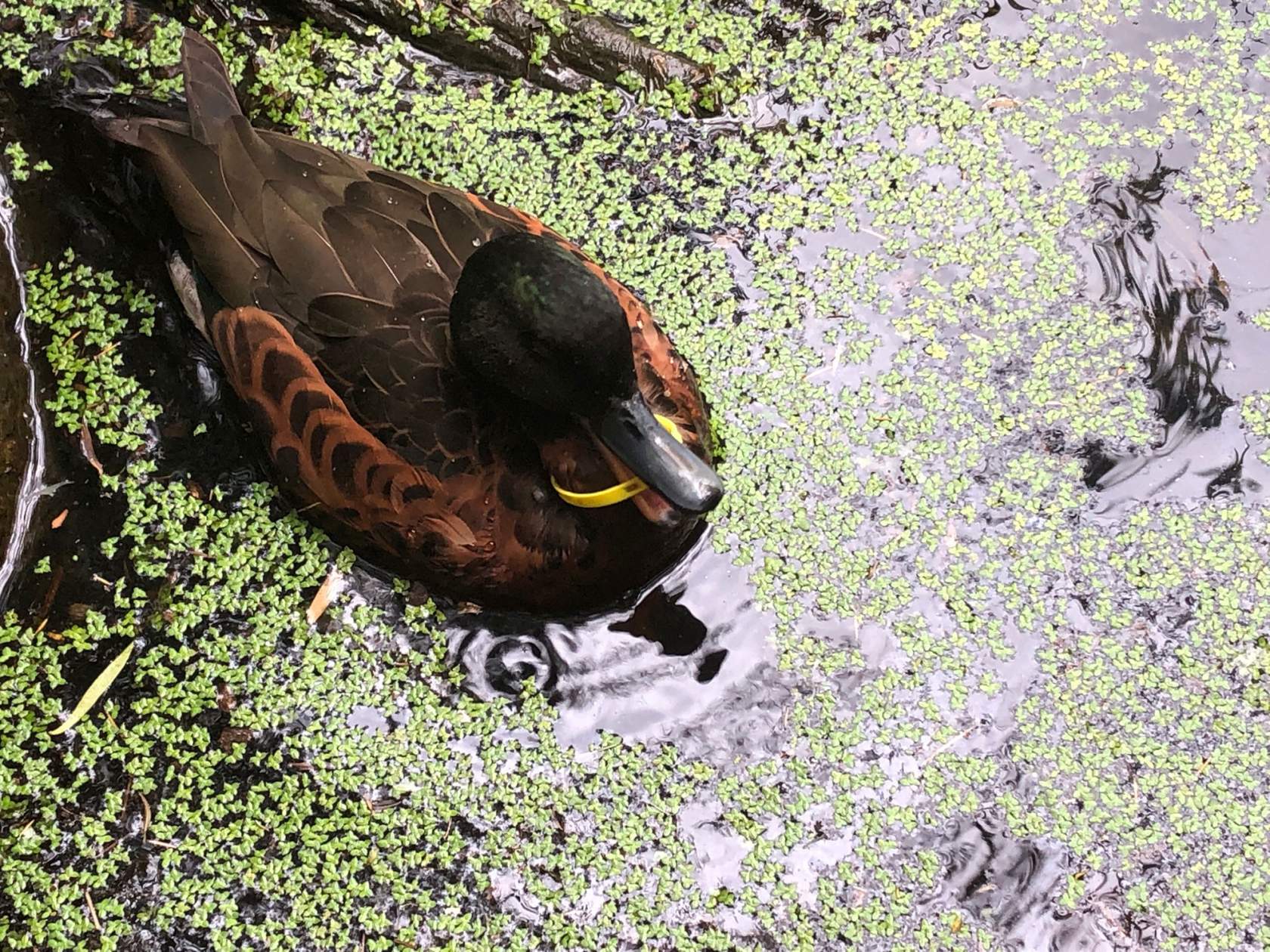
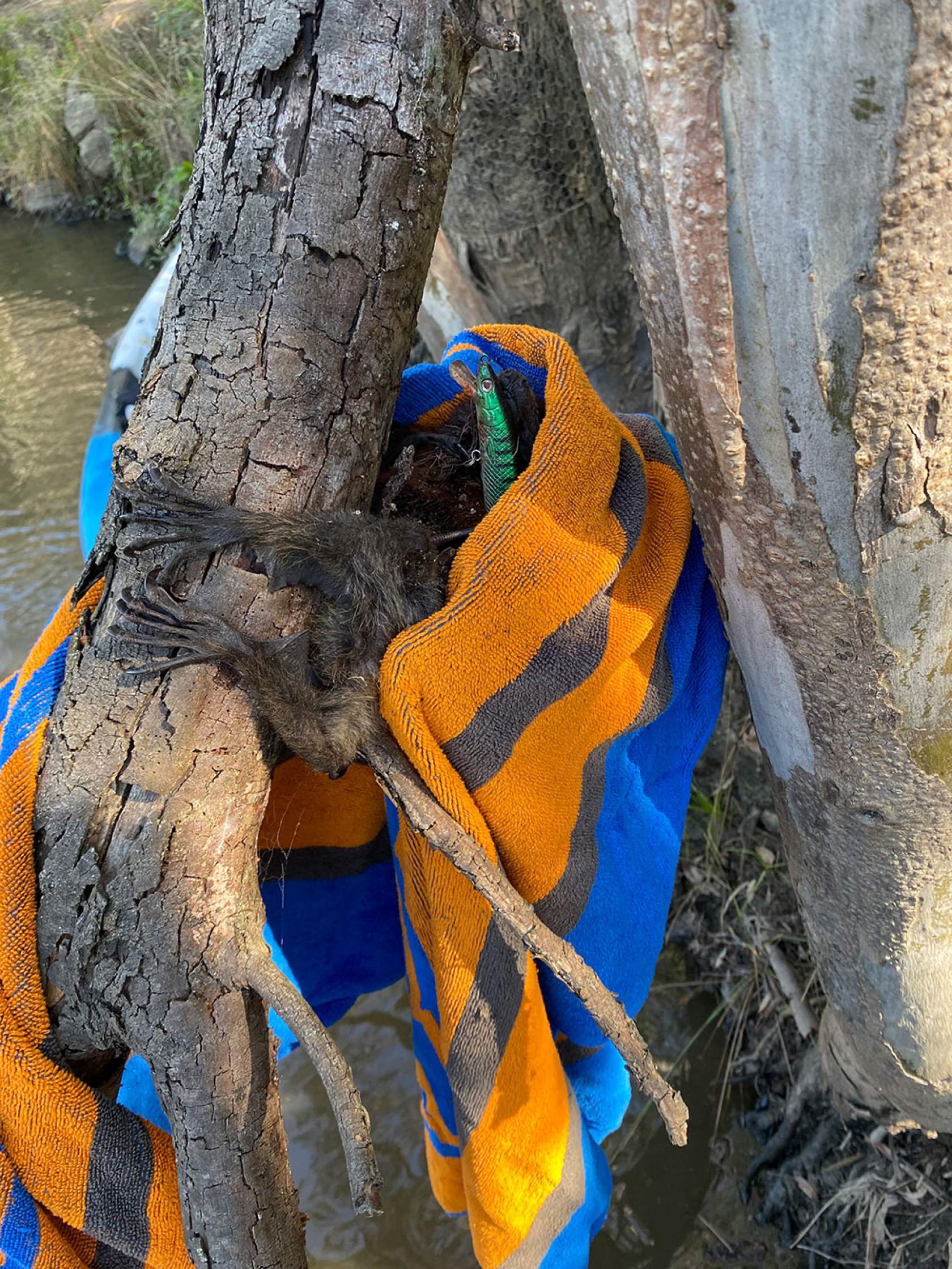
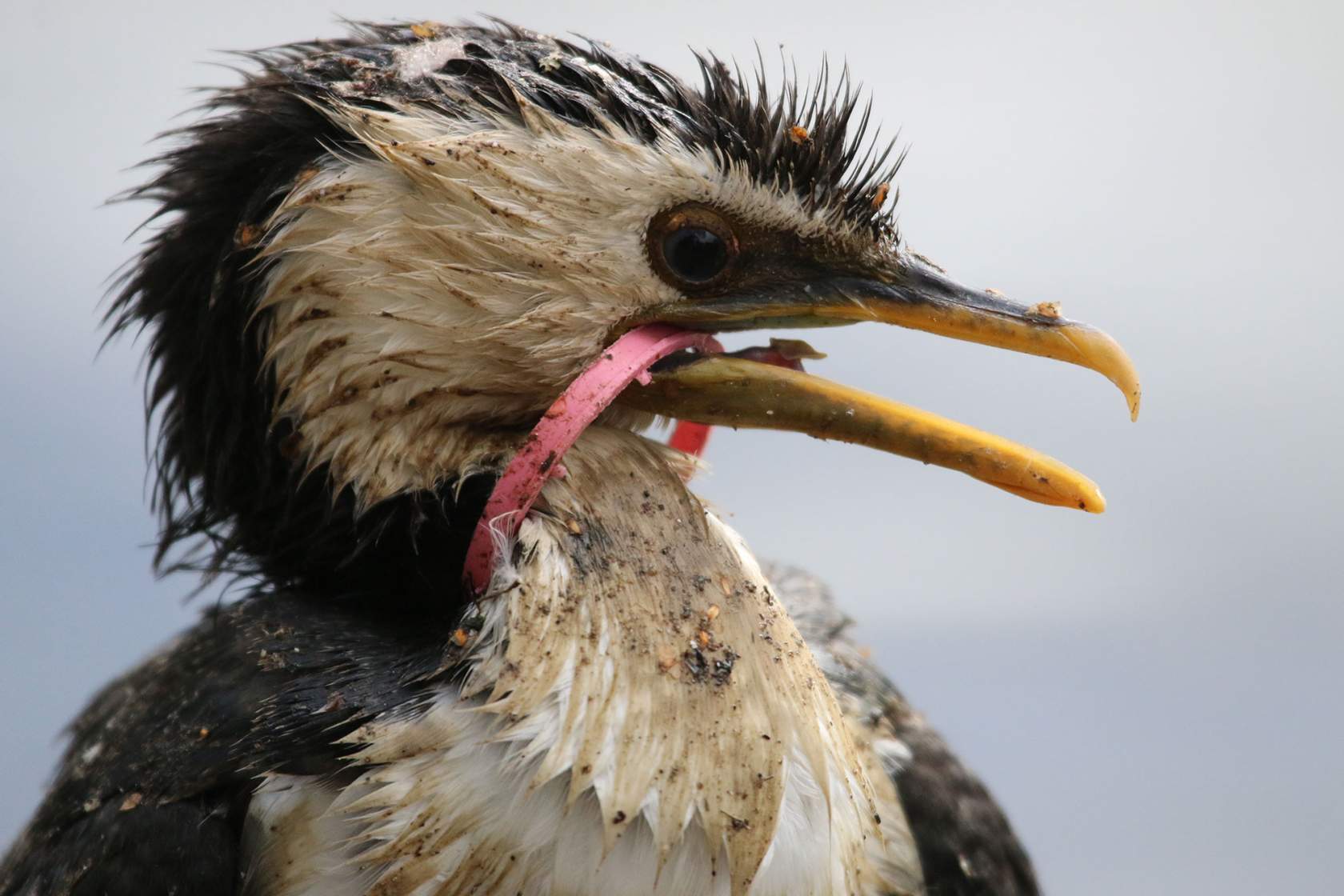
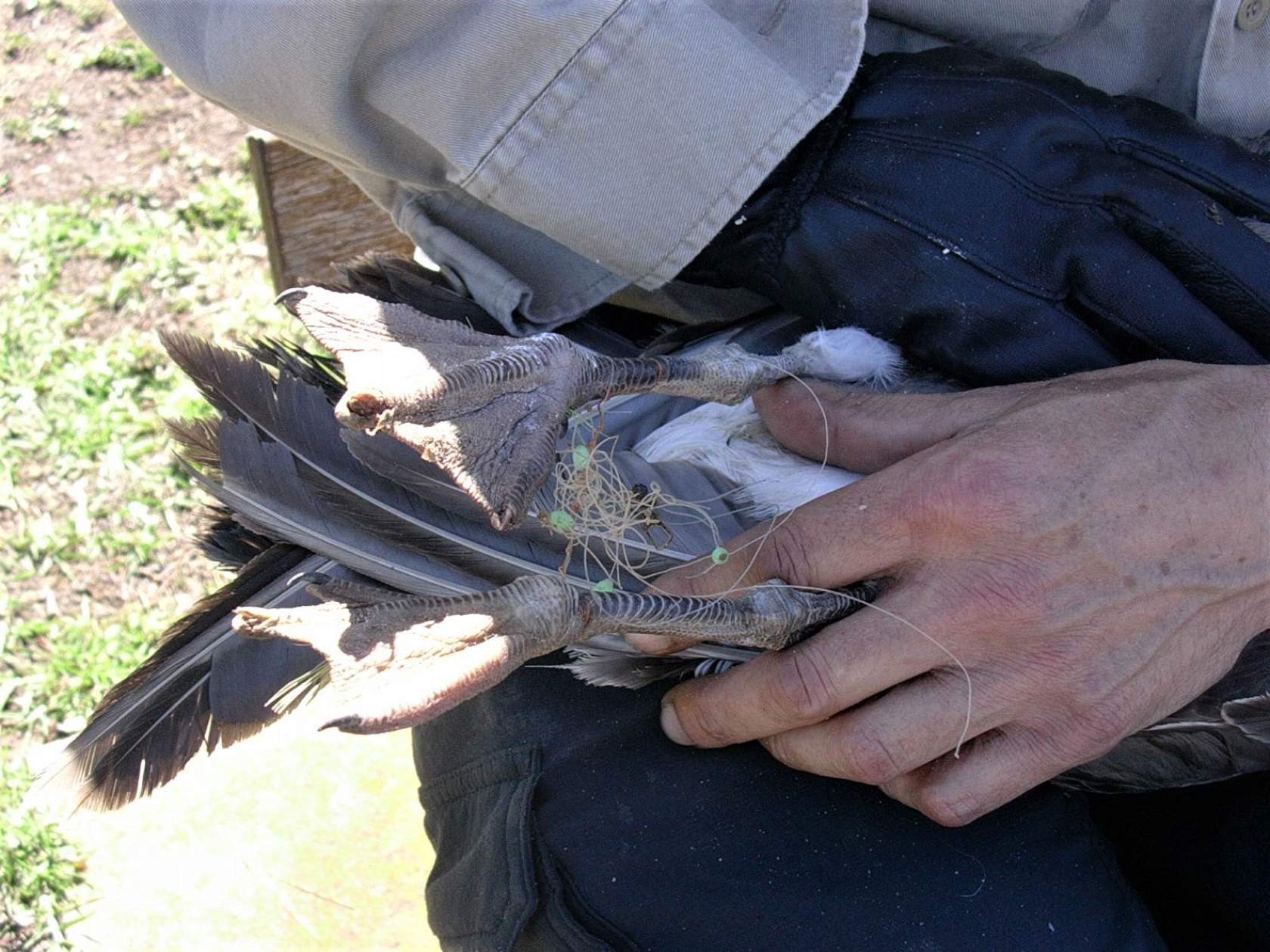
Wash out food cans and pinch them shut
Rinse out all food remnants from cans and containers to avoid attracting hungry creatures, then crush or pinch shut the opening before disposal so animals can’t get trapped inside or be injured by sharp edges.
Tie plastic bags tightly
Animals can ingest or suffocate inside plastic bags, so make sure to tie them tightly before disposing of them. Better still, replace them with reusable cloth bags instead!
Stop using balloons
Unfortunately releasing a helium balloon into the sky is no different to throwing it into the ocean, where it can easily be swallowed by marine life. We recommend switching out balloons for bubbles – same level of fun but without the environmental impact.
Avoid plastics and microplastics
50% of the plastic in our bins is used only once but each piece takes so long to decompose it may be swallowed over and over again. Try avoiding single use plastics such as takeaway coffee cups, plastic utensils and containers, and seek out natural, biodegradable alternatives.
Always dispose of rubbish responsibly
All rubbish dropped in the street will eventually wash down a stormwater drain and end up in our oceans or waterways. Reduce, reuse, or recycle as much waste as possible and always dispose of rubbish responsibly.
If you see a bird or any native animal entangled in rubbish, please call Wildlife Victoria’s Emergency Response Service on (03) 8400 7300.
We hope that by increasing your understanding and awareness of our beautiful wildlife, you will feel empowered to manage wildlife situations confidently and in an informed, safe and appropriate manner. For support at any time, please call our 24/7 Emergency Response Service on (03) 8400 7300.
